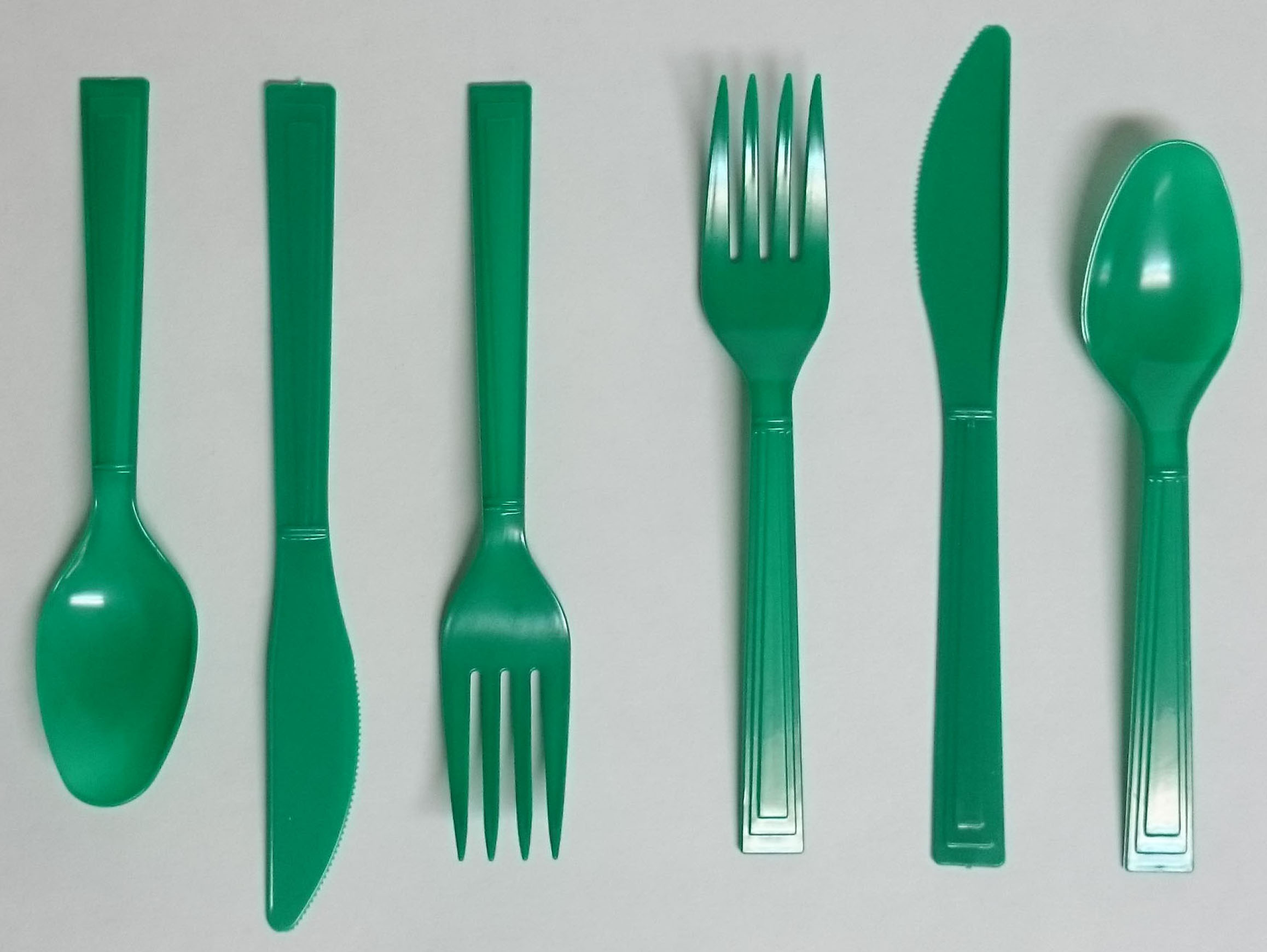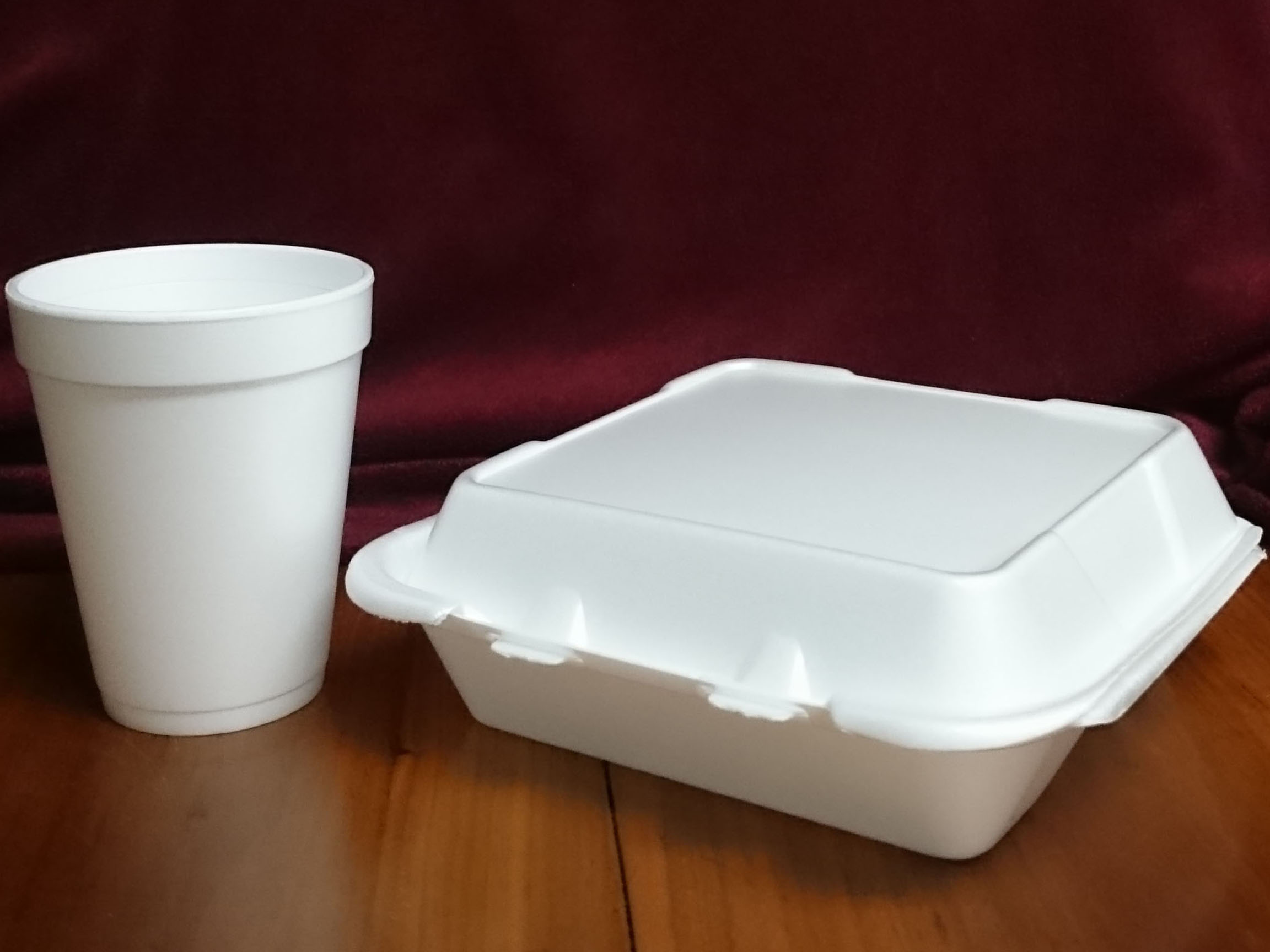The Plastics We Use Everyday
We should all be thinking about what we pack our kids school lunch in, when we grabbing a
bottle of water to drink, and even what kind of plastic the Tupperware is we are putting
the left-overs in. Some plastics leech endocrine-disrupting chemicals, cause endocrine disruption,
reproductive toxicity, nervous system damage, and cancer. The scary thing is that no
plastic is 100% safe, but some plastics are worse than others.
There are seven recycle codes that are used on plastic products that show what kind of plastics are
used in each product. Being aware of the potential hazards in plastic containers and bottles, and how to
differentiate between the seven recycling codes can help protect you and your family from being
exposed to unwanted toxins.
Alternatives to Plastic
There are alternatives available for food and beverage storage that will not leach toxic chemicals. Stainless steel can be used for containers, utensils, pots, and pans. Glass is also a great solution for hot or cold foods and beverages. Ceramic is another material that we can substitute for many plastic products found around the kitchen.
Fones A. (2016). Which plastics are safest? Understanding plastic recycling codes. Body Unburdened. Retrieved: http://bodyunburdened.com/decoding-plastic-recycling-code


